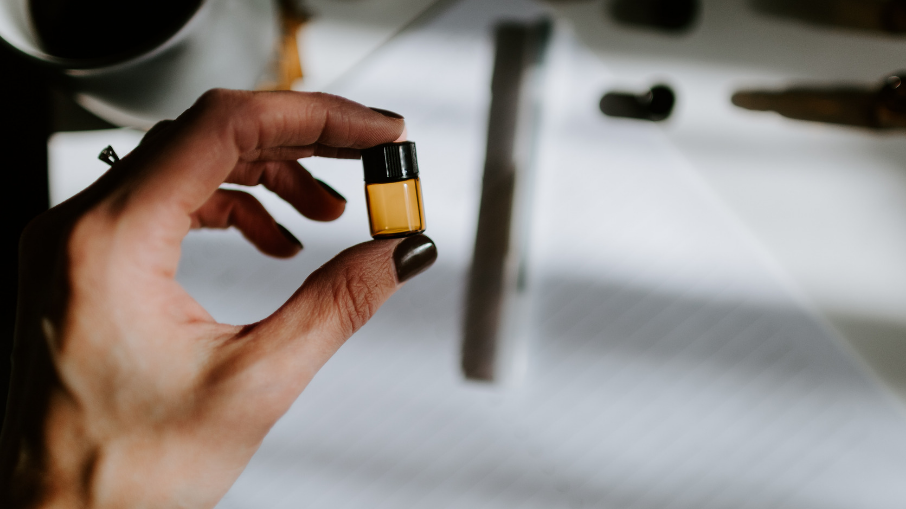
Melatonin. Sleep help or sleep hoax?
Mela-who?
Melatonin serves dual roles: as a widely used synthetic sleep supplement and a hormone naturally produced by the small Pineal gland within the brain. It is essential for the smooth operation of the body's internal timekeeper, overseeing the rhythm of sleep and wakefulness, known among experts as the 'Circadian Rhythm.'
The hormone's levels naturally increase in the brain as evening approaches, particularly when darkness falls, signaling that sleep is on the horizon, usually beginning its surge two hours before bedtime. Thus, maintaining a fixed sleep schedule to ensure consistent melatonin production is more critical than supplement intake. The significance of a steady routine—routine, routine, routine—cannot be overstated.
Contrary to prescription sleep medications, melatonin's function is not to expedite sleep onset but rather to influence the timing of sleep. Because melatonin needs time to become effective, ingesting it immediately before bedtime is not effective for quick sleep induction. Any noticeable effects generally require a few hours, often up to five, to manifest.
In today's relentless, technology-dominated society, keeping a balanced sleep cycle is increasingly difficult. Insufficient exposure to daylight, nighttime interaction with blue light from screens, and afternoon caffeine consumption can interfere with your circadian rhythm.
For individuals feeling out of sync with their natural sleep patterns and struggling with sleep issues, over-the-counter "natural" melatonin supplements often appear as an intuitive solution to reset their internal clocks.
Can taking extra melatonin really improve my sleep?
For every person who swears by melatonin's sleep-inducing powers, there's another who deems it ineffective. The prevailing guidance suggests melatonin is not a panacea for chronic insomnia but may be useful for addressing sleep-wake cycle issues such as delayed sleep phase syndrome (DSPS) and possibly jet lag. Thus, for individuals with irregular schedules due to night shifts or frequent travel, melatonin could offer a means to realign their internal clock as needed.
It's important to note, however, that melatonin is not a solution for improving sleep continuity. If your problem is waking up during the night rather than falling asleep, melatonin is unlikely to provide relief, indicating a non-sleep-wake cycle disruption issue.
Though the risk of dependency is low, it's recommended to use melatonin supplements for short periods only. The supplement's regulation is minimal, and although considered a "safe, natural" option, there are indications it might affect the immune and metabolic functions and even reproduction in animals, with no comprehensive studies on its long-term effects in humans.
Also, it's worth mentioning that the effectiveness of melatonin in reducing the time it takes to fall asleep is modest, with users reporting an average of only 7 minutes faster sleep onset.
If melatonin supplementation is under consideration, it's crucial to discuss it with a healthcare professional to determine its appropriateness and the correct dosage, thereby avoiding potential side effects like elevated blood pressure or morning lethargy.
Ultimately, your Pineal gland naturally produces adequate melatonin to regulate your sleep cycle. The responsibility lies with you to create an environment conducive to its timely release, facilitating effortless, consistent sleep night after night.
The Drowsy sleep routine:
- Natural light during the day
- Exercise (but not too late)
- Don’t touch caffeine after midday
- Turn off screens 2 hours before bed
- Relax with Drowsy State of Sleep Spray.






